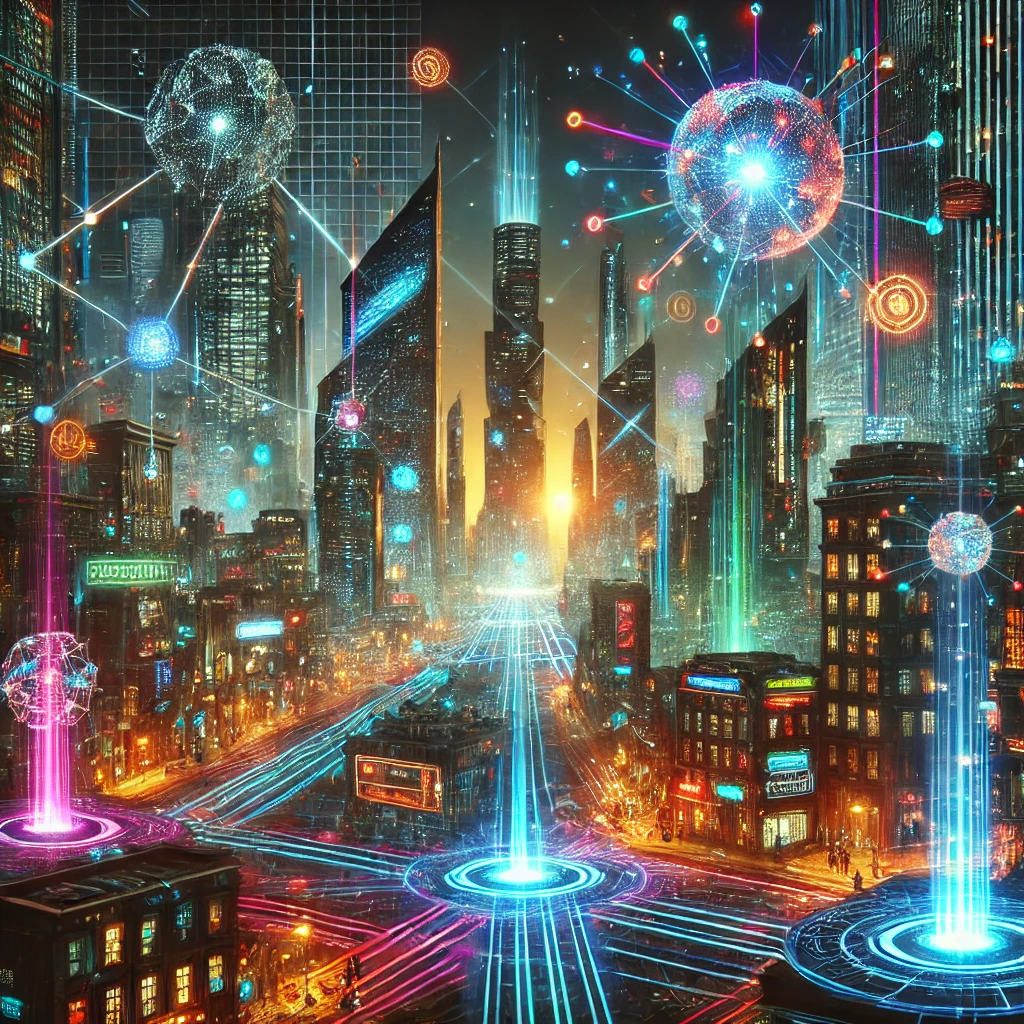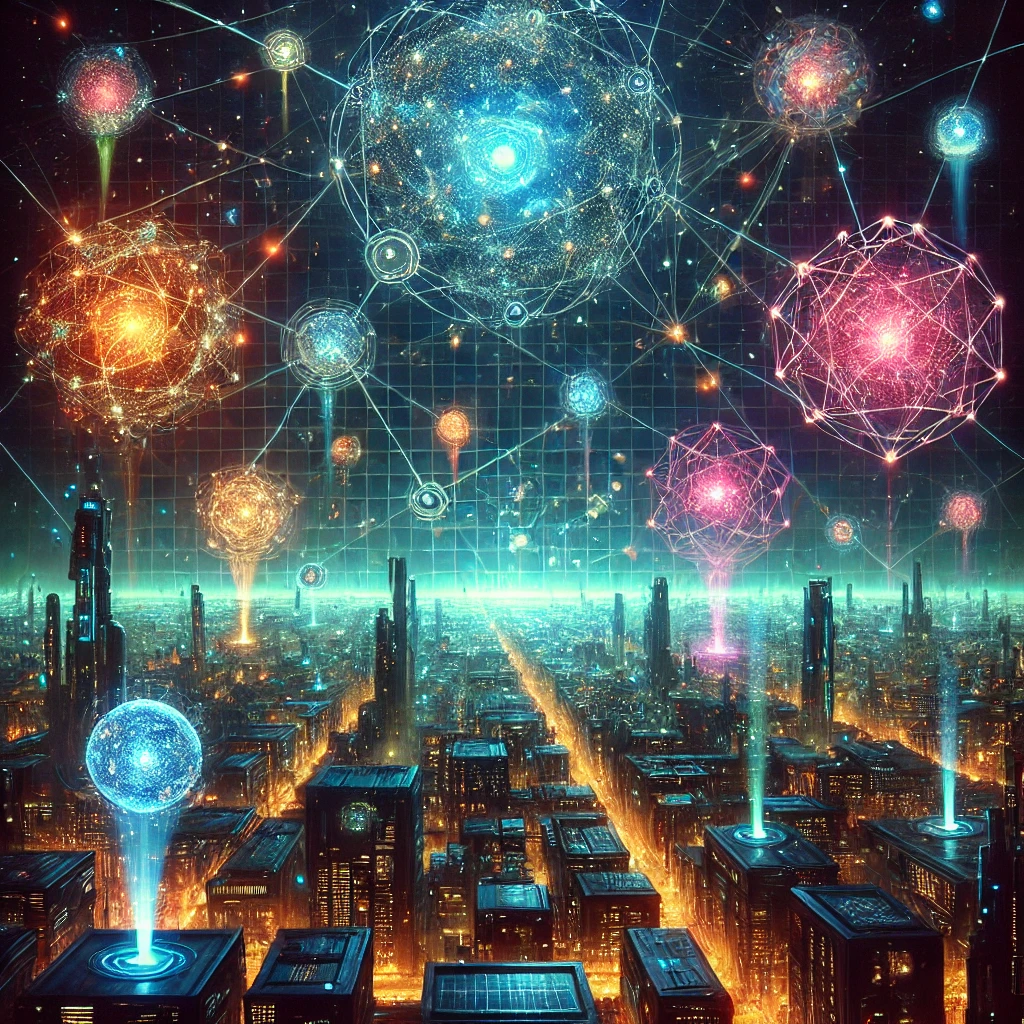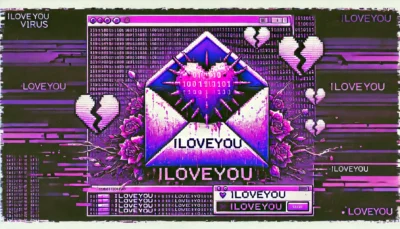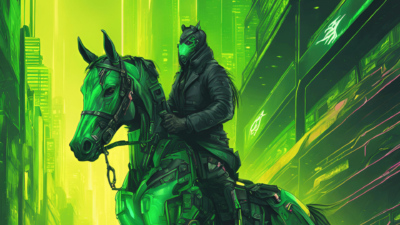Imagine for a moment that our reality is not the only one. Somewhere, in parallel dimensions, there are alternate versions of our world, each with its own history, technology, and, of course, its own Internet 🌐. But what if we could access those other digital worlds? Could we hack the multiverse and explore these parallel networks? 💥
The Multiverse Concept:
The idea of the multiverse suggests that our universe is just one of many. Every choice, every possibility, creates a new fork in reality, generating countless parallel worlds. In some of these worlds, history has taken a radically different path, leading to internets that are completely unknown to us. The multiverse theory is not just a playground for science fiction; it is a concept rooted in the deepest inquiries of quantum physics and the nature of existence itself 🔬🌌.
The Theory of Interdimensional Hacking:
As we advance in quantum physics and communication technologies, some theorists speculate about the possibility of establishing connections between these universes. If we could develop technology advanced enough, we might hack into these other internets, accessing information, culture, and even technologies that do not exist in our reality 💻🚀. Imagine being able to tap into a universe where AI has evolved far beyond our current capabilities or a world where humanity never discovered electricity ⚡.
But this isn’t just about technology. It’s about understanding the fundamental nature of reality and our place within it 🌍. The very act of attempting to hack the multiverse raises philosophical questions: If we can access another reality, what does that say about the nature of free will and destiny? Are we merely explorers, or are we tampering with forces beyond our comprehension? 🧠
What Might We Find?
Consider the internet in a universe where World War II never happened 🕊️, or one where artificial intelligence rules the world 🤖. Such a digital realm might offer unimaginable resources, from advanced algorithms that solve current problems to historical databases that could rewrite what we know about our own reality 🧩.
Let’s dive into some speculative examples:
Example 1: A World Without the Internet
In a parallel universe where the internet was never invented, information sharing is entirely analog 📜. However, they may have developed other technologies, such as quantum communication, that could revolutionize our world. Hacking into such a universe’s communication systems could offer insights into non-digital methods of connectivity 🛠️🔗.Example 2: The AI-Dominated World
Imagine accessing a world where AI has become the dominant force, controlling every aspect of life 🧠. The internet in such a reality would be vastly different—designed and maintained by AI for AI 🤯. Hacking into this system could provide new AI algorithms or, conversely, unleash a digital entity far beyond our control 🖥️🚨.Example 3: The Infinite Library
What if there exists a universe where every possible version of every book, article, or code ever written is stored in a massive digital library? 📚 Hacking into this “Infinite Library” could allow us to retrieve knowledge from alternate realities, offering solutions or ideas that no human mind in our world has yet conceived 🌠.
Ethical and Security Implications:
Accessing a network from another universe isn’t just a game 🎮. We could introduce viruses or malicious code that we do not understand, or we might spark an interdimensional conflict of unprecedented scale 💥⚠️. Moreover, how would we ensure that our intentions are not misinterpreted as an act of cyber warfare by that other universe? 🌍🔒
The philosophical implications are staggering. Are we justified in exploring these realms, knowing that we might inadvertently alter them? Does the very act of hacking imply a moral responsibility toward the entities in those other universes? 🤔 In a way, hacking the multiverse could be seen as a form of digital colonialism—imposing our will on another reality for our gain 🛡️.
Philosophical Justification:
At its core, programming is an exercise in manipulating reality—whether it’s creating a new digital environment or altering an existing one 💾. But when we extend this idea to the multiverse, we are no longer just programmers; we become philosophers, grappling with questions about existence, ethics, and the nature of reality itself 🌟.
The act of hacking the multiverse forces us to confront the boundaries between what is possible and what is permissible 🔮. It challenges our understanding of identity, as we might encounter versions of ourselves in these other realities. Do we have the right to interfere? Or should we observe and learn, letting these alternate realities exist without our intrusion? 👀
In many ways, hacking the multiverse is the ultimate test of our technological prowess and philosophical maturity 🧗♂️. It is not just about what we can do, but what we should do. The multiverse is not just a playground for hackers; it is a mirror reflecting our deepest desires, fears, and questions about what it means to be human 👤.
Conclusion:
Hacking the multiverse is a concept that blends science, technology, and philosophical speculation, pushing the boundaries of what we know and what we believe 🧠. While we are still far from achieving such a feat, the very thought of it allows us to explore the limits of our imagination and prepares us for a future full of surprises 🌟✨.
The possibilities are endless, and the questions it raises are profound. As we stand on the brink of these technological advancements, we must also prepare ourselves to face the philosophical and ethical dilemmas that will inevitably follow 🚀.







